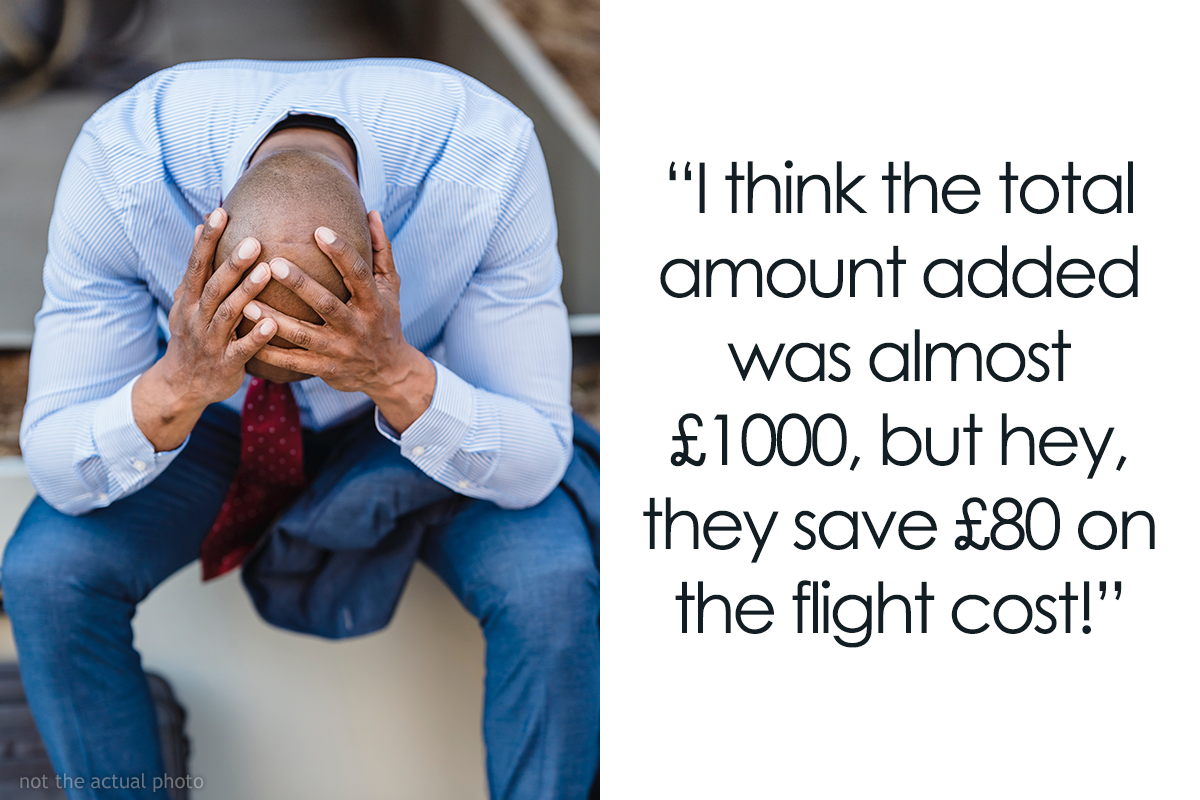
Worker Gets Creative After Company Changes His Flight To One 12 Hours Earlier To Save £80, Costs Them Over £1,000 Instead
In a recent post on r/MaliciousCompliance, Reddit user Warm_Tomato2126 shared a story from his time working in Africa.
The man had been flying to and from work on a 10-week in-country, 2-week at-home rotation for four years, however, someone at the head office decided to cut costs and changed his flight, saving the company about £80 (roughly $96).
The employee obliged but he also needed additional hotel and taxi bookings, which ended up costing the company way more than the ticket itself.
This employee had his work travel routine planned to the smallest detail but the company still thought they could improve it
Image credits: Gustavo Fring (not the actual photo)
And completely messed it up
Image credits: antheap (not the actual photo)
Image credits: ArtHouse Studio (not the actual photo)
Image credits: Nicola Barts (not the actual photo)
Image credits: Warm_Tomato2126
Now the company is paying the price
Corporate credit cards, business travel policies, and airline miles all incentivize employees to spend as much as possible on work trips. “If you’re a corporate traveler, to try to get the points, you spend as much as humanely possible. If you work for a company that allows you to fly business class, you’re taking the most expensive, most luxurious ticket that is not going to get you in trouble,” said Dan Ruch, the founder of Rocketrip, an organization that saves companies on business travel. “That doesn’t make you a bad person; that makes you human.”
Not only should employees be checking company travel policies for preferred hotels and airlines, but they should learn what fees and expenses are reimbursed by the company, otherwise they may end up paying for expenses they didn’t plan to cover.
If the corporate office wants to save money, tickets probably shouldn’t be their top priority, as airfare typically makes up just 17-27% of a company’s travel budget. The priciest part is lodging, which sums up to around a third (34%).
Many seem to know this. A Hipmunk Survey on millennial travel found that 74% of millennials have stayed at a vacation rental (such as those available through Airbnb) on a business trip, an experience shared by just 38% of Generation X and 20% of boomers. The idea of staying in a vacation-type rental for work travel would have been completely foreign 10-15 years ago.
But the sector should be seeing more money in the near future
However, business travel budgets are poised to rise in 2023 as companies benchmark against pre-pandemic levels of travel spending despite growing uncertainty over the economic outlook.
“If you’re looking at it from a purely financial perspective, I think what we continue to see is more and more corporates budgeting for growth in their travel,” CWT Chief Customer Officer Nick Vournakis said, citing strong demand for meetings and events.
“I haven’t seen anyone overly wary with regards to recession in how they are travel planning for 2023,” he added.
CWT and the Global Business Travel Association (GBTA) estimate airfares will rise by 8.5%, hotel rates by 8.2%, and ground transportation by 6.8% in 2023 as an industry hit by labor shortages and input cost increases rebounds from pandemic lows.
The original poster (OP) answered people’s questions in the comments
And most of them liked the way he handled the situation
But some didn’t find it amusing at all
I'm a financial analyst, my job is literally to oversee *all* the company accounts so departments can't pull this c**p between themselves. If it's less than £500 it's not even a blip on the radar - as in, I don't need my manager's sign off, but you'd be amazed (or maybe not, given some of these tales) what other shenanigans people try to put past accounts.
I see a lot of these penny wise pound foolish posts, such as outsourcing whole Dept's to save money only to have to hire them back as contractors at three times the pay because the people they hired didn't have the requisite experience and tribal knowledge.
That's because cost saving is a stupid idea in general as it focuses the mind on a path of linear thinking that usually makes people process blind. That means they lose the view of the overall goal. It doesn't matter if you plan anything private or business, the goal should always be maximised profit. And you don't maximise profit by nickeling and diming. You maximize profits by smart and efficient investment at the right place, including paying more on quality in the short term to save in the long run. For example paying a great employee a generous raise is higher cost short term, but in the long term it'll save thousands of recruiting costs, loss of revenue when new hires are trained which slows down operations and brings higher output, because tenured employees are usually faster and more efficient workers who have higher and better output. But modern companies compartmentalize too much and every department only thinks about short term costs. So they start 'saving' on investment.
Load More Replies...I worked for a fortune 500 company that dismissed their entire finance department and moved it to another country. We were given 30 days to instruct the new company how to do our jobs OVER THE PHONE. To make this even worse was we spoke English they didn't. We did the best we could and when our 30 days were up we were shown the door. Two years later I received an email letting me know that finance was coming back to the US and they were hoping I would consider returning. I sent them a list of what I needed to return and was told no if I were to return it would be the same as it was when I left. Not even a cost of living raise. I wished them well and told them no.
The BALLS... on some companies just amazes me...
Load More Replies...I'm a financial analyst, my job is literally to oversee *all* the company accounts so departments can't pull this c**p between themselves. If it's less than £500 it's not even a blip on the radar - as in, I don't need my manager's sign off, but you'd be amazed (or maybe not, given some of these tales) what other shenanigans people try to put past accounts.
I see a lot of these penny wise pound foolish posts, such as outsourcing whole Dept's to save money only to have to hire them back as contractors at three times the pay because the people they hired didn't have the requisite experience and tribal knowledge.
That's because cost saving is a stupid idea in general as it focuses the mind on a path of linear thinking that usually makes people process blind. That means they lose the view of the overall goal. It doesn't matter if you plan anything private or business, the goal should always be maximised profit. And you don't maximise profit by nickeling and diming. You maximize profits by smart and efficient investment at the right place, including paying more on quality in the short term to save in the long run. For example paying a great employee a generous raise is higher cost short term, but in the long term it'll save thousands of recruiting costs, loss of revenue when new hires are trained which slows down operations and brings higher output, because tenured employees are usually faster and more efficient workers who have higher and better output. But modern companies compartmentalize too much and every department only thinks about short term costs. So they start 'saving' on investment.
Load More Replies...I worked for a fortune 500 company that dismissed their entire finance department and moved it to another country. We were given 30 days to instruct the new company how to do our jobs OVER THE PHONE. To make this even worse was we spoke English they didn't. We did the best we could and when our 30 days were up we were shown the door. Two years later I received an email letting me know that finance was coming back to the US and they were hoping I would consider returning. I sent them a list of what I needed to return and was told no if I were to return it would be the same as it was when I left. Not even a cost of living raise. I wished them well and told them no.
The BALLS... on some companies just amazes me...
Load More Replies...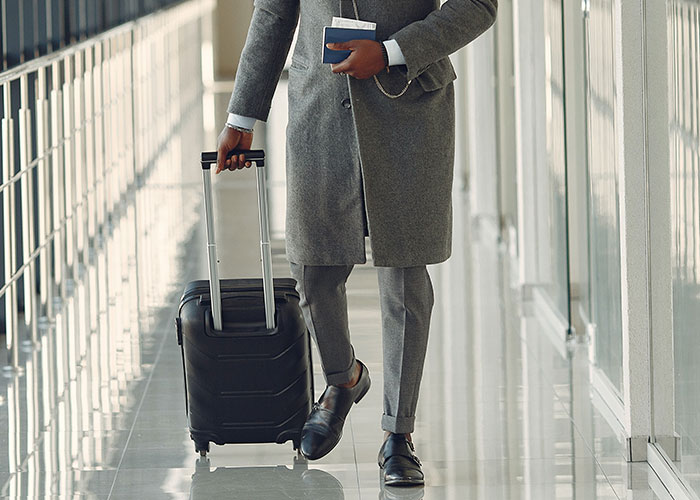
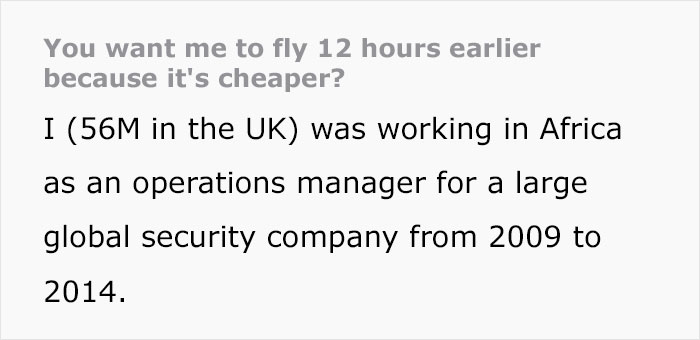
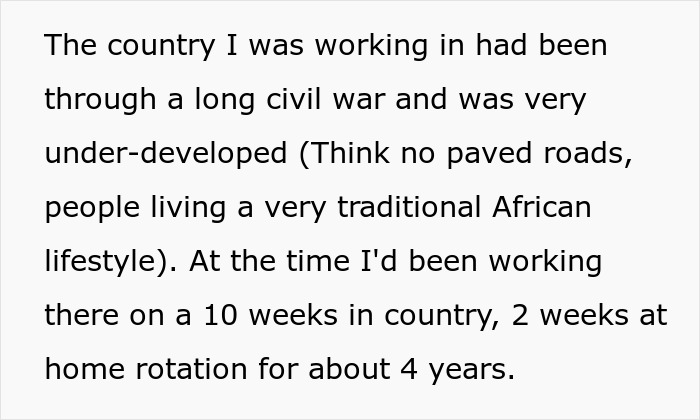
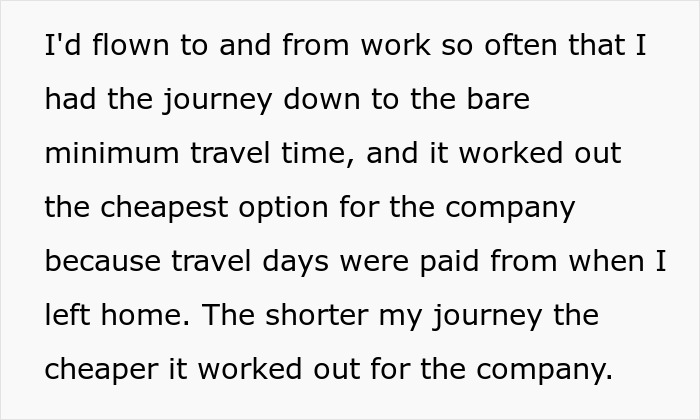


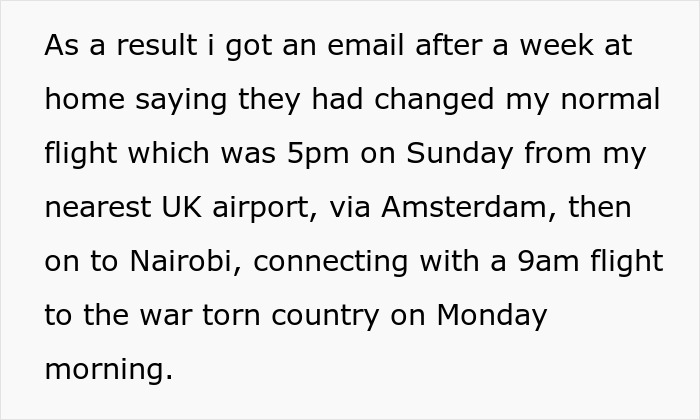

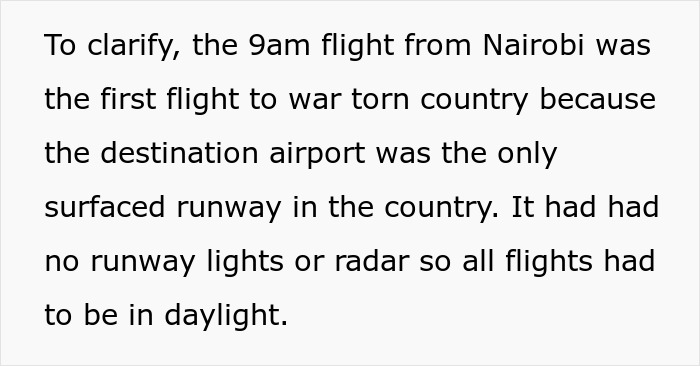
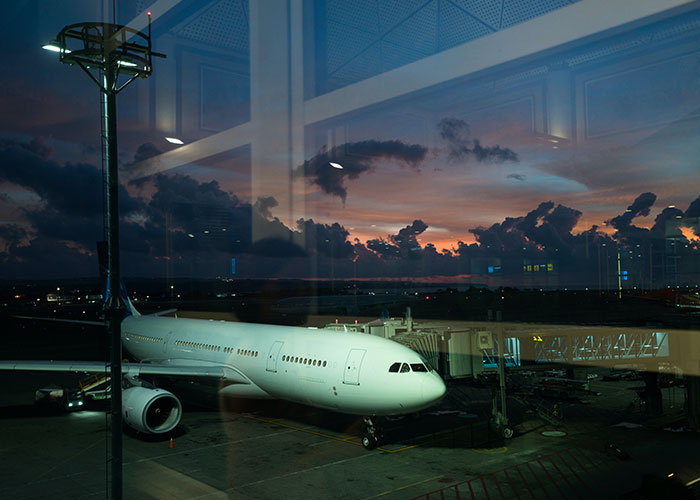
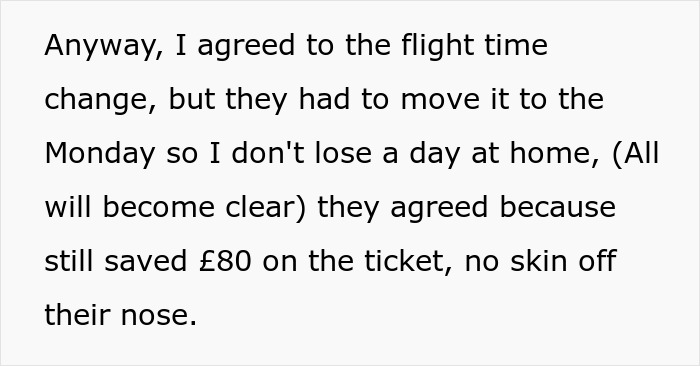
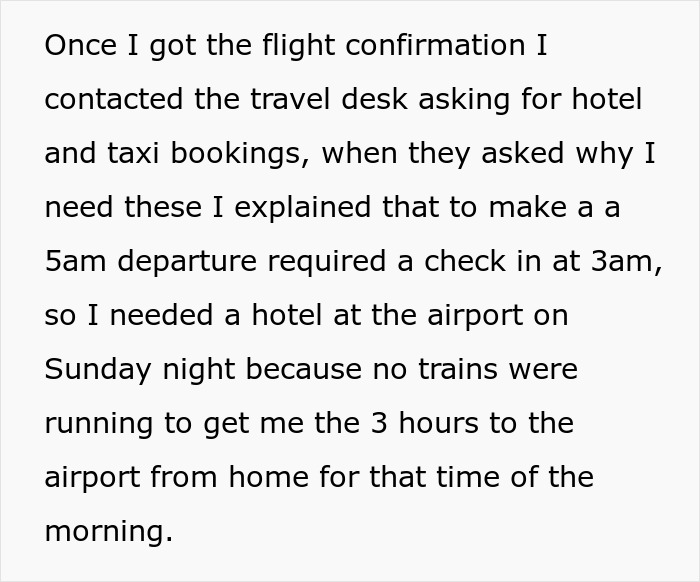
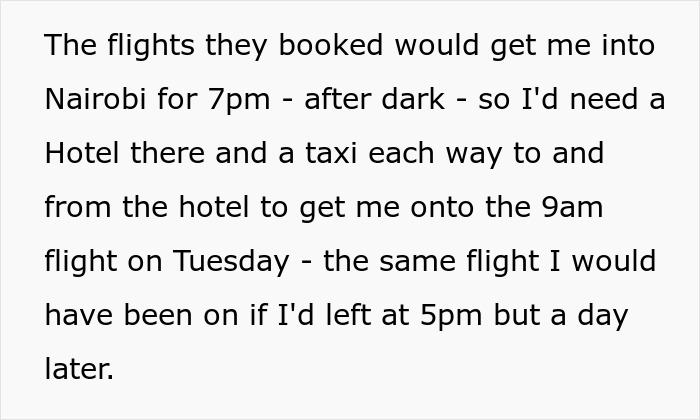
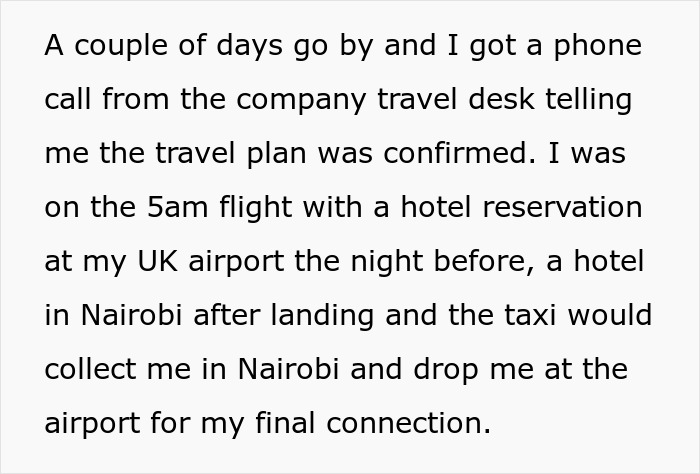
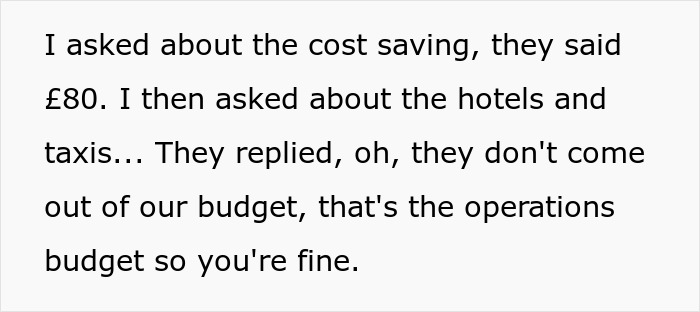


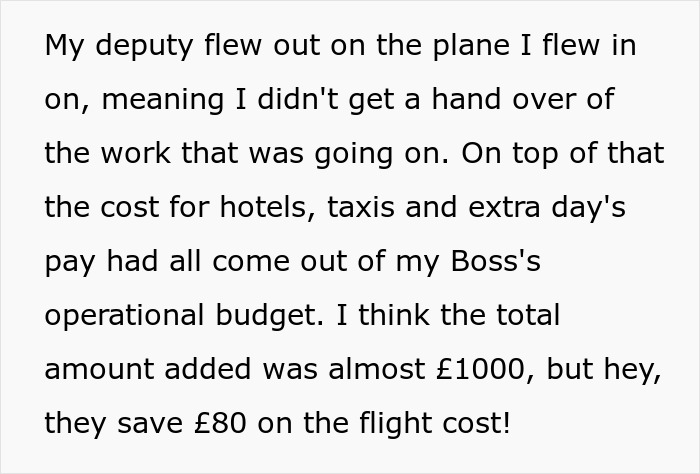

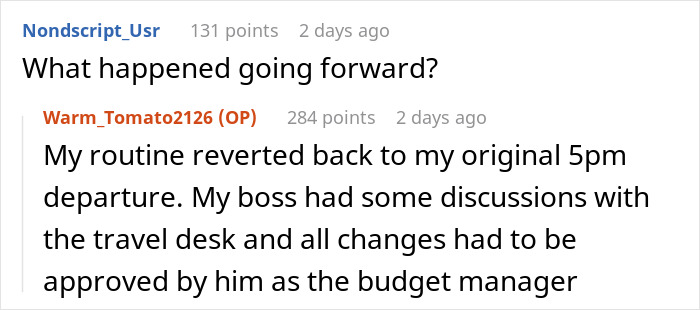
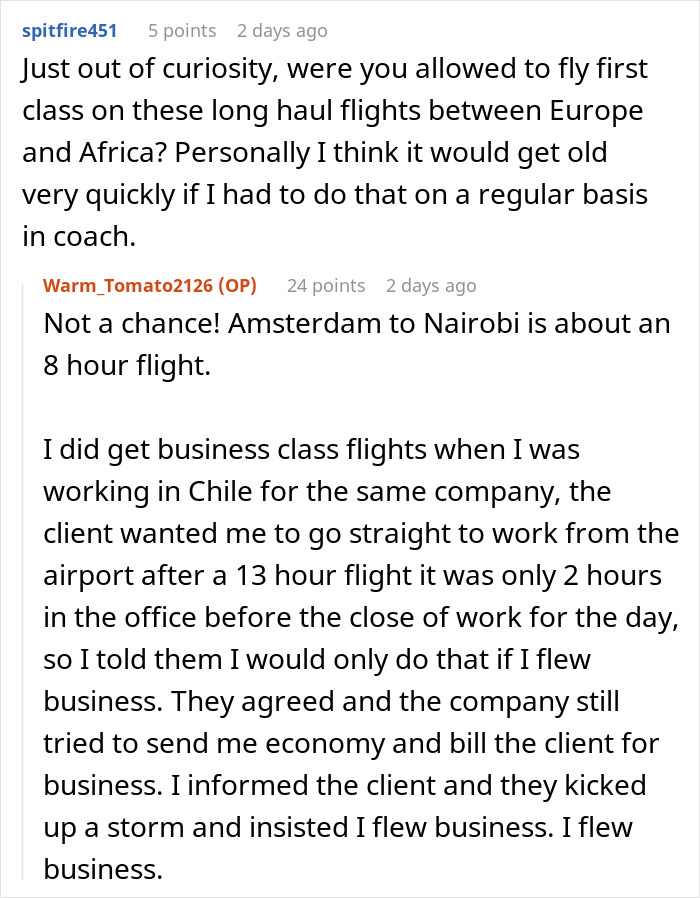
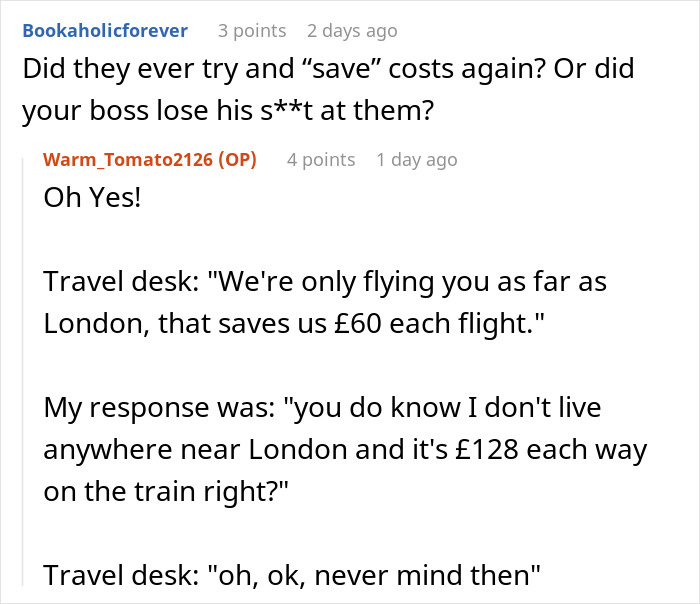


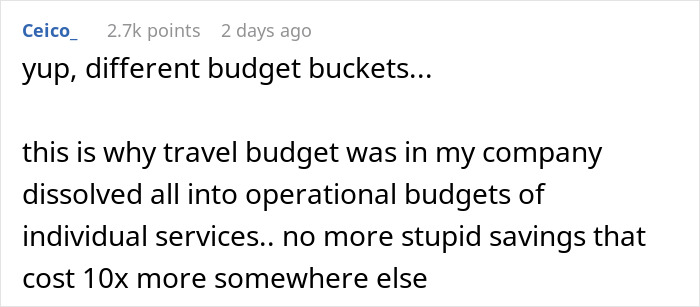

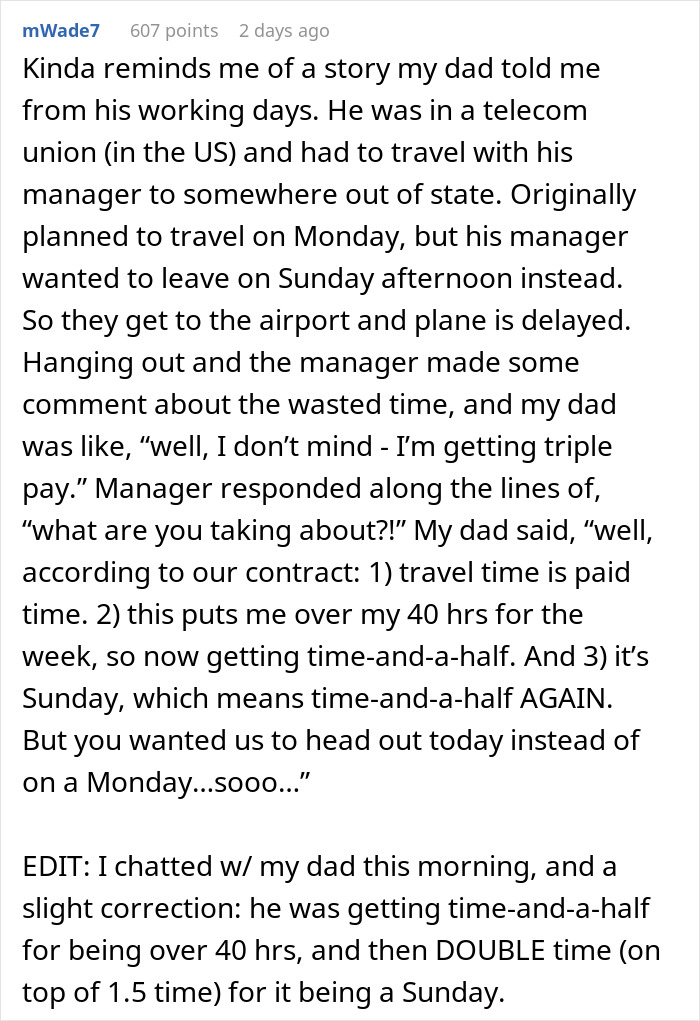
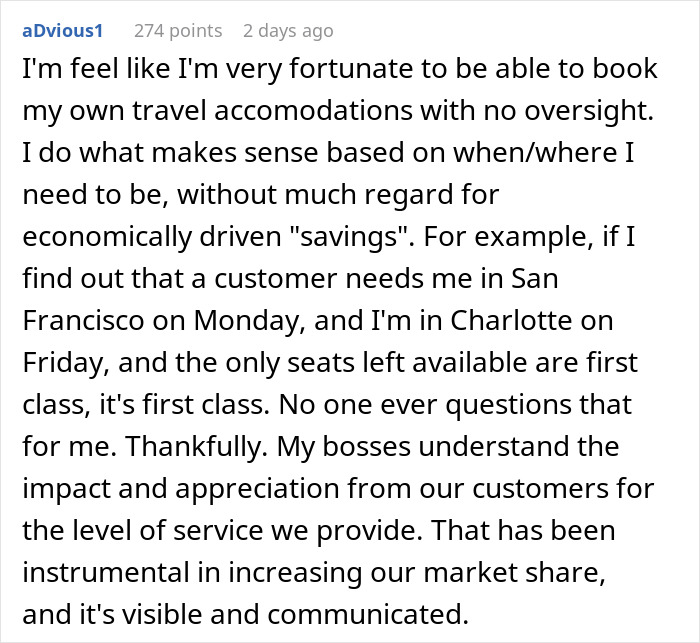
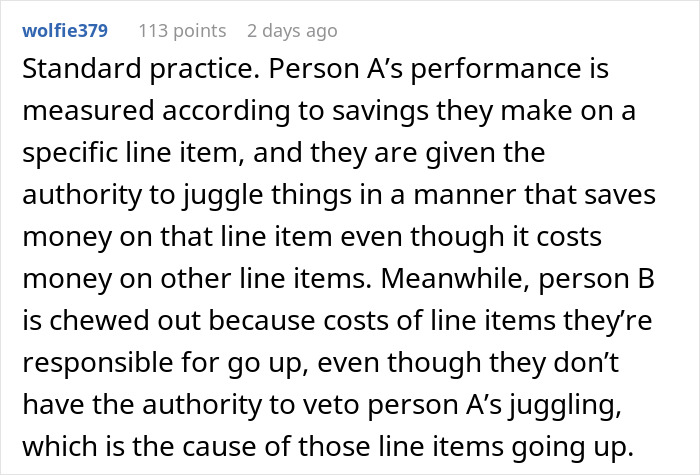
















109
10